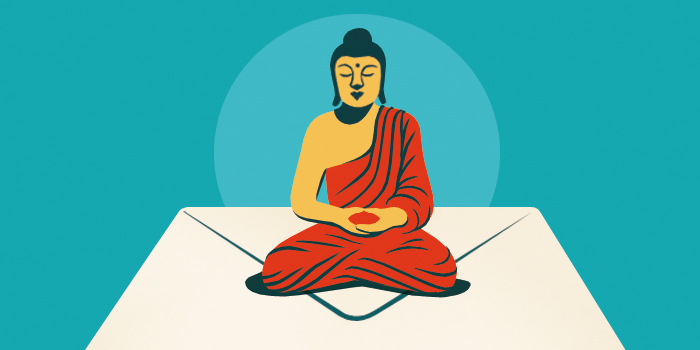What is enlightenment? Can anyone be enlightened?

Mt. Kailash in Tibet. Many Buddhists consider Mt. Kailash to be the center of the earth. | Photo by Raimond Klavins
What do we mean when we say the Buddha was enlightened? Enlightenment, or “bodhi” in both Pali and Sanskrit, is also known as awakening, although not everyone agrees these words are synonyms.
The Buddha said of his enlightenment, “Ignorance was destroyed; knowledge arose; darkness was destroyed; light arose—as happens in one who is heedful, ardent, and resolute.” On the night of his enlightenment underneath the bodhi tree near Bodh Gaya in India, the Buddha recalled his past lives, understood the workings of karma and rebirth, and saw the origin and ending of suffering. This understanding freed him from the cycle of death and rebirth and led to his most fundamental teachings: the four noble truths and the eightfold path.
According to Buddhist tradition, any being can become enlightened as the Buddha did. In the Theravada tradition, enlightened beings other than the Buddha are known as arhats, or worthy ones. In Mahayana Buddhism, all beings are already inherently enlightened but have yet to realize it. In the Mahayana, all enlightened beings are Buddhas.
Enlightened beings have escaped the cyclic existence, known as samsara, and attained nirvana, where there is no more birth and death and no more suffering. Upon enlightenment, beings escape the three fires, or poisons, of anger, greed, and delusion.
Despite some disagreement about what constitutes enlightenment and how possible it is for us to achieve it, enlightenment remains the final goal of the Buddhist path. All Buddhist teachings point toward the goal of enlightenment and freedom from suffering.

Tricycle is more than a magazine
Gain access to the best in sprititual film, our growing collection of e-books, and monthly talks, plus our 25-year archive
Subscribe now